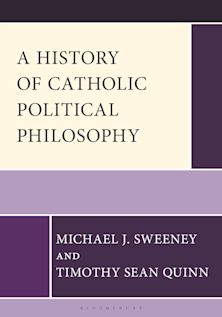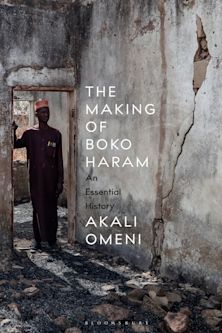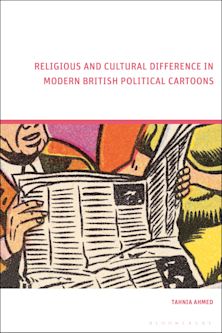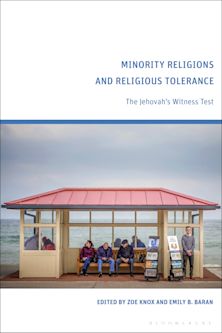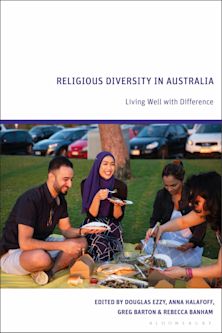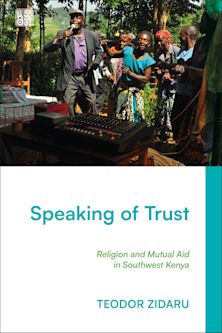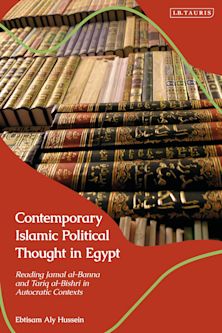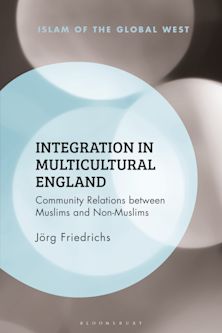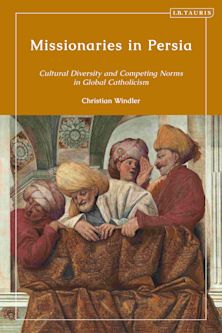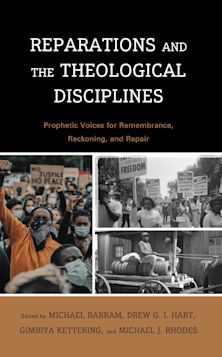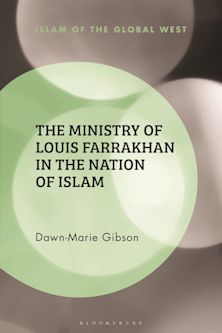- Home
- ACADEMIC
- Religious Studies
- Religion and Politics
- The Sacred and Sacrilege in Postsecular Serbia
The Sacred and Sacrilege in Postsecular Serbia
The Sacred and Sacrilege in Postsecular Serbia
You must sign in to add this item to your wishlist. Please sign in or create an account
Description
This book defines 'blasphemy' as a concept and delineates historically, primarily in sociological and anthropological terms, the political and social functions of accusing a culprit of it.
The author explores the laws pertaining to freedom of speech and freedom of religion in EU member states, illustrated by examples of incidents and how they were legally resolved. The book includes a detailed discourse analysis of twelve 'blasphemy' incidents in the history of modern Serbia, contextualized politically and culturally, concluding with recommendations on how to approach 'blasphemy' in the postsecular world.
Table of Contents
Chapter One: Freedom of religion and/or freedom of speech in postsecular Europe
Chapter Two: The sacred and sacrilege in postsecular Serbia: a media discourse analysis of blasphemy accusations
Conclusion
References
Product details

| Published | 22 Jan 2026 |
|---|---|
| Format | Ebook (Epub & Mobi) |
| Edition | 1st |
| Extent | 136 |
| ISBN | 9781978762473 |
| Imprint | Bloomsbury Academic |
| Series | Religion and Borders |
| Publisher | Bloomsbury Publishing |
About the contributors
Reviews
-
The Sacred and Sacrilege in Postsecular Serbia offers a detailed analysis of the phenomenon of blasphemy accusations in the postsecular world, with a special focus on the intriguing case of Serbia. The analysis is firmly rooted in a precisely defined theoretical and historical framework, and presents an innovative elucidation of a topic which has only marginally been tackled in academic circles in the region, while consistently connecting the concrete cases to more universal issues. This manuscript therefore represents a significant academic contribution to the interdisciplinary study of religion, not only locally or historically, but in broader conceptual frameworks as well.
Mirko Blagojevic, Ph.D. Head of FOREL, Principal Research Fellow, Institute of Social Sciences, Belgrade, Serbia
-
In this book, the sacred is critically approached with a genuine sense of respect for religious identity. Blasphemy, once seen as a relic of the past, now re-emerges as a powerful tool for drawing group identities boundaries often enforcing divisions within society, such as “us” vs. “them.” The book shows how religion is unfortunately often used to divide a society, especially when it is immersed in ethnic identity. A must-read for anyone seeking to navigate how issues of the sacred are transversal to questions of faith, politics, and other group identities and rights in the post-Yugoslav space and beyond.
Rastko Jovic, Faculty of Orthodox Theology, University of Belgrade
-
Grounding her analysis in wide empirical research, Danica Igrutinovic's brilliant study unraveles a powerful dialectical relationship between postsecularism and sacrilege. The author traces the global trend of religion's return to public life through the lens of contemporary Serbian society, meticulously examining the political instrumentalization and cultural deployment of the concept of sacrilege by church officials, secular political actors, and the broader public. She effectively uses the framework of postsecularism to uncover the mechanisms of suppression of free speech under the pretext of defending dominant social values. Situated at the dynamic intersection of theology, sociology, anthropology, and media studies, this book delivers a long-anticipated analysis of a critically important, yet under-investigated topic in both local and regional contexts.
Marko Pišev, Assistant Professor, University of Belgrade, Faculty of Philosophy, Department of Ethnology and Anthropology
-
Danica Igrutinovic's book The Sacred and Sacrilege in Postsecular Serbia offers a sharp, richly contextualized analysis of how sacredness and sacrilege are performed, contested, and politicized in today's Serbia. By interweaving theory with vivid case studies, the book illuminates the intersections of religion, freedom of expression, and cultural practice in a postsecular society. Essential reading for scholars of religion, culture, anthropology, and contemporary media, it provides both an incisive critique and an invaluable resource for understanding the complex entanglements of theological, social, cultural, and political matters of the sacred in everyday life.
Dragana Stojanovic, Research Fellow, Institute for Philosophy and Social Theory, University of Belgrade

ONLINE RESOURCES
Bloomsbury Collections
This book is available on Bloomsbury Collections where your library has access.














